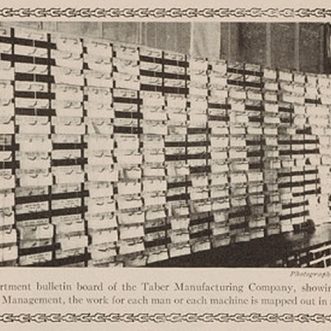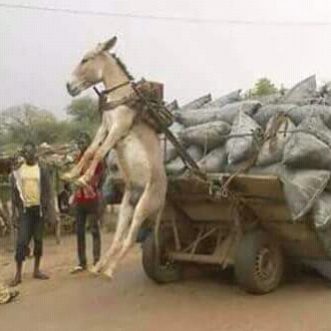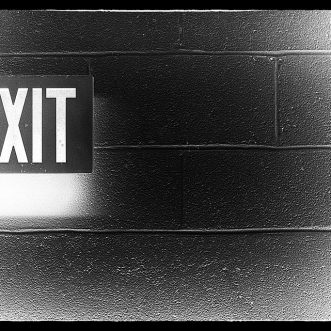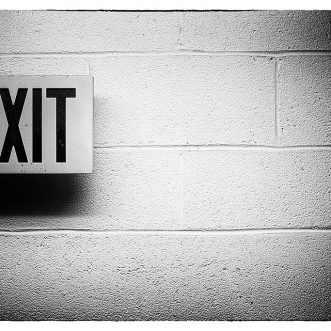
Just in case you were wondering
I did a little bit of research this morning, using data from the Office for National Statistics.
By my calculation there are around 82,595 what I might call ‘ordinary’ private sector businesses (employing 1 – 19 people) who have commercial electricity contracts expiring by December this year.
Anecdotally (from radio phone-ins and Twitter), companies like these are being asked to sign new contracts for electricity at around 10 times their current rate.
That is simply unsustainable for most. Many will be forced to close, costing up to 314,790 people their jobs and removing up to £60,255,000,000 in turnover from the economy.
If I include businesses employing up to 49 people, we’re looking at losing up to 280,279 businesses, 524,974 jobs and £121,344,002,000.
I’m all for bosses disappearing. Not their businesses though. I’d like to see them flourish.
Which is why we need to cherish our ordinary businesses.









